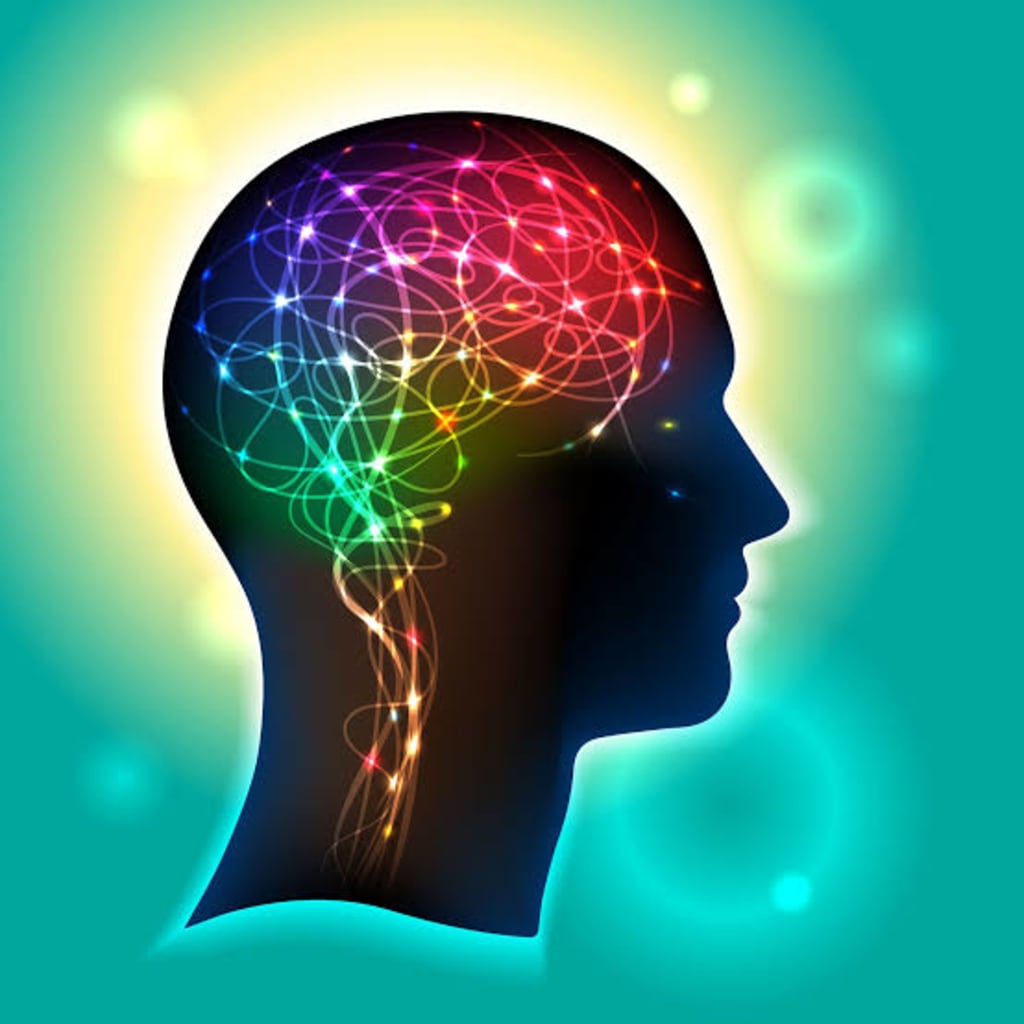Lose of Mind
The Unbearable Reality of Losing One's Mind

Losing one's mind is a frightening thought, and one that is often seen as the last straw in a person's life. It can be a terrifying experience, and can result in serious physical and psychological consequences. The process of losing one's mind can be a long and difficult one, and it can take a toll on the individual as well as those close to them.
The process of losing one's mind can begin slowly, with little warning signs that often go unnoticed. These warning signs may include memory loss, confusion, difficulty concentrating, and difficulty making decisions. The individual may also experience changes in behavior, such as aggression or withdrawal, or changes in mood, such as depression or anxiety. As the process continues, these symptoms may become more pronounced and more frequent.
At this point, the individual may begin to struggle to perform everyday tasks, such as shopping, cooking, or keeping a job. They may become increasingly disorganized, and start to forget important tasks or events. They may also begin to have difficulty communicating, as their thoughts become more muddled and their speech becomes more disjointed. As the condition progresses, the individual may be unable to care for themselves and may need help from family and friends.
As the condition progresses, individuals may start to experience more serious psychological symptoms, such as delusions, hallucinations, and paranoia. They may also become increasingly agitated, aggressive, or violent. They may start to lose touch with reality, and become unable to differentiate between what is real and what is imagined. This can lead to dangerous behavior, such as attempting to harm themselves or others.
At this point, it is important for the individual to receive professional help. A psychiatrist or psychologist can assess the individual and provide treatment, such as psychotherapy, medication, and/or hospitalization. The goal of treatment is to improve the individual's functioning and quality of life. Treatment can also help to reduce the risk of further decline.
Losing one's mind can be a frightening experience, but it is important to remember that it is possible to recover with the right help and support. With appropriate treatment and support, individuals can learn to manage their symptoms and regain their quality of life. It is also important to remember that individuals are not alone in this process, and that there are many resources available to them, including family and friends, support groups, and mental health professionals. No matter how difficult the journey may be, it is possible to recover and lead a fulfilling life.The effects of losing one's mind can be far-reaching and devastating. It can lead to a range of mental health issues, including depression, anxiety, and paranoia. It can also have physical effects, such as fatigue, insomnia, and physical pain. In some cases, losing one's mind can even lead to suicidal thoughts and behaviors.
When trying to make sense of the experience of losing one's mind, it can be helpful to reflect on the ways in which one's life has changed. It is important to recognize the ways in which the individual has been affected, both mentally and physically. It is also important to consider how the individual's relationships have changed, be it with family, friends, or colleagues. It is essential to consider how the individual is managing their emotions, coping with feelings of helplessness or despair, and trying to make sense of their experience.
The experience of losing one's mind can also be seen as a journey of self-discovery. It is an opportunity to explore one's innermost thoughts and feelings, and to uncover new aspects of oneself that had been hidden away. It can be a time of reflection, of learning, and of growth. It is a chance to recognize the strength and resilience that lies within us all, and to build on it as we make our way forward.
In order to begin to make sense of the experience of losing one's mind, it is important to reach out and ask for help. Talking to friends, family, or a mental health professional can help to provide some clarity, and to give an individual the support they need to make it through such a difficult time.
It is also important to remember that this experience can be temporary, and that there is hope for healing. There are a range of treatments available that can help to alleviate the symptoms of mental illness, and to help an individual to regain a sense of balance and wellbeing. It is important to take the time to explore the options that are available, and to find the ones that work best for the individual.
Finally, it is essential to remember that losing one's mind does not mean losing one's self. We all have within us a core of strength, resilience, and hope that can be accessed and nurtured as we move through difficult times. By embracing this inner strength, and by reaching out for help, it is possible to find a way to make sense of the experience of losing one's mind, and to move through it with courage and grace.





Comments
There are no comments for this story
Be the first to respond and start the conversation.